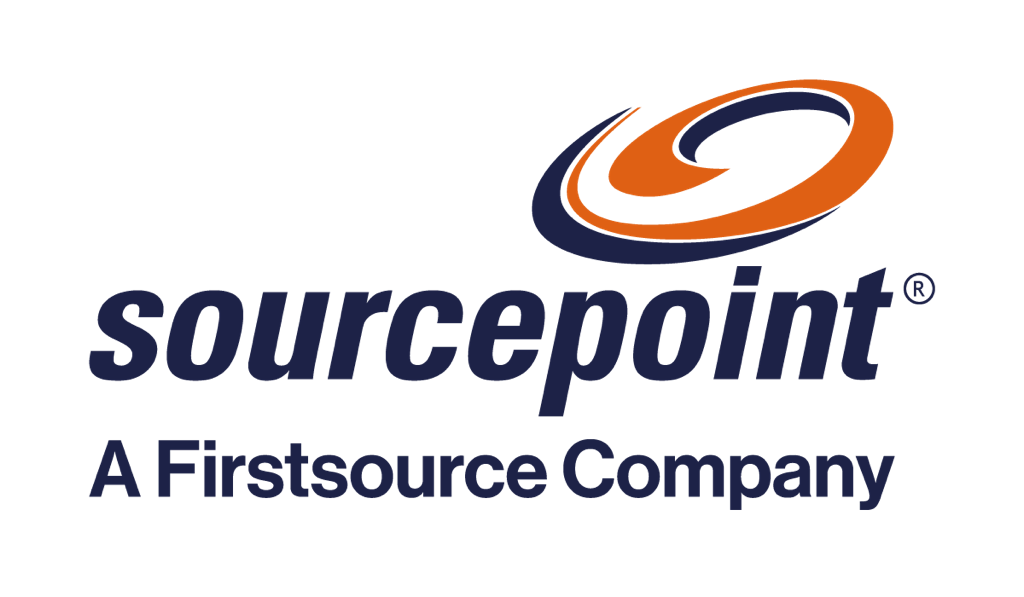Whether you’re innovating your customer experience or upgrading your back-end systems – you are managing business transformation. Leading transformation can be very stressful. We recently commissioned research into how leaders can minimize stress and make their transformation programs more successful. Here a CFO shares his views on the personal toll of leading change.
The stress of making the right decision
When you’re leading change and making the initial decision you have to get involved in the detail and really challenge the process. If I’m putting a project forward, I would expect my colleagues to challenge it and say: “what happens if xyz”, “in my experience xyz” and ask pithy questions. If it’s not my project brought to the board, then my job is to challenge it by asking the questions that I’m concerned about.
When the stakes are particularly high, the ‘challenge’ process becomes longer and more difficult (and more stressful). It’s a lot harder to get people’s buy-in as well. Your approval processes become much longer and more torturous.
In high-stakes programs, you can get multiple ‘challenge’ stages. So, after year two, people ask “should we carry on, or should we stop?” And that becomes really hard because you’re already invested in something, and are thinking, “should we throw this all away, abandon ship? Or should we carry on?” Those become tough conversations.
Embracing the positive side of stress
The ‘challenge process’ is all about being honest with your views and concerns. Yet, if you’re on the delivery side, you don’t want to be asked difficult questions – it’s stressful! Remember – if people raise right questions early on, you’re going to get a better outcome if the project goes forward. The initial stress is worth it in the long run.
Naturally, you should be nervous when you’re doing something important – because it matters to you. Are you nervous before you give a speech? You should be. Otherwise, you won’t do a good job. Similarly, on a major transformation initiative, if you’re not stressed or concerned it probably means you’re not doing your job well enough or haven’t taken enough risk. “Nerves are a good thing” when leading transformation.
Managing the stress of the implementation
During large initiatives, you are undoubtedly putting your and the team’s integrity on the line. If you spend millions and get nothing, people are going to look at you a little bit differently and say “good call that, well done you, you’re clearly a genius!”.
Of course, there is personal risk in managing change initiatives – but that is true for everything! Yet, it is hard not to over-focus on the project and not to make it personal. As a leader, you eventually live and breathe the project. When it’s going badly, you’re doing badly. When it’s going well, you’re doing well. You even take on the personality of the stage of the project you’re at. That is the hardest part – becoming wrapped up in something so large. You can get to a point where your colleagues are trying to help you, but you don’t recognize the difference between help and hindrance. That makes it very, very tough.
You can take a lot of abuse during large change initiatives. Because what you’re doing impacts a lot of people around you, and they can have strong views. People can become very negative in dealing with you. So, you need resilience, stamina, and the ability to constantly remind yourself why you’re doing this. You also have to continuously ‘sell’ things along the way. On one program, the first day we got real data that was consistent across organizations – that was a huge win. It was something we’d never had before, being able to share that with people was just amazing.
You also have to just get yourself out of that whole, ‘this is large and this is serious’ discussion. On another huge transformation, I can remember a number of times we celebrated small wins.
Finally, I would love to say that I have never let stress get the better of me, but there are occasions when it does. Because if something goes wrong, it brings an immediate focus to the problem. The skill lies in quickly stepping back and saying “right, what do we do about it?”.
Leading transformation insights
While most of life’s lessons come from experience – you don’t always have to go through the challenges yourself, this is where peer insights come in helpful. Our research into Five leadership lessons of leading transformation is based on personal experiences of 120 senior executives with significant transformation experience. Download the research to start making your transformation less stressful and more successful today.











